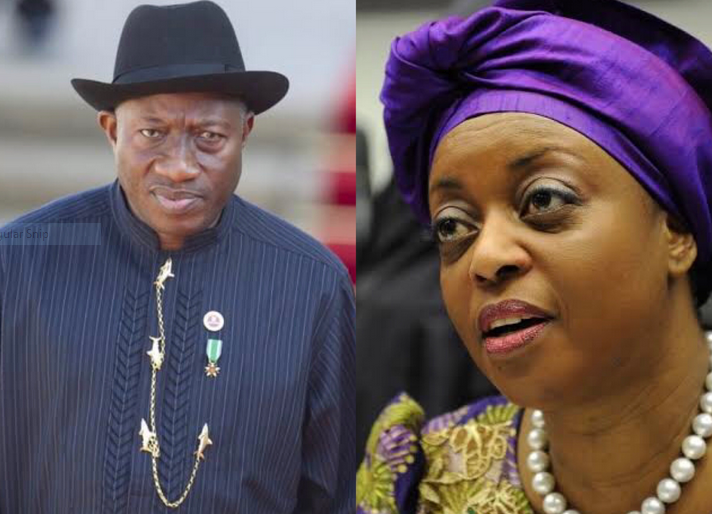
Former president Goodluck Jonathan — who publicly claims he is pulling back from political activities to support the work of the Goodluck Jonathan Foundation to promote peace and prosperity — has been linked to the US$9 billion Process & Industrial Development (P&ID) affair, whereby the Federal Government is embroiled in a gas supply and processing agreement contract that it alleges is fraudulent.
He is downplaying speculation that the Federal Government has requested his US bank records along with those of his petroleum minister, Diezani Alison-Madueke, to shed light on their alleged role in the controversial deal.
President Muhammadu Buhari, who is thought to be reluctant to prosecute one of his predecessors, nonetheless retains a reputation for fighting corruption. A recent study by the University of Edinburgh concluded that Nigeria’s anti-corruption law enforcement was becoming more effective, using plea bargains, asset forfeitures, and non-custodial sentences. All these tools are leading to a speedier resolution of cases.

Those currently facing Buhari-sanctioned investigations include Science and Technology Permanent Secretary Mohammed Umar Bello, who stands accused of fraud and misappropriation of ₦48 billion (US$122 million) during his earlier tenure at the Agriculture Ministry. Earlier this month, he received correspondence about this on behalf of the president, and he could yet face further action.
Others recently attracting the attention of the Economic and Financial Crimes Commission (EFCC) include former special duties and inter-government affairs minister Kabiru Turaki. According to an EFCC announcement on 4 May, Turaki has been arraigned at Abuja Federal High Court on several charges in connection with his alleged diversion of over ₦700 million (US$1.79 million) in public funds during Jonathan’s second presidential term. Turaki denies the charges.
The EFCC has hit problems, however, in its prosecution of former Abia State governor Orji Kalu for money laundering and theft of state funds. The EFCC case won the day in December 2019 in Lagos High Court, but on 8 May the Supreme Court reversed the conviction of Kalu’s co-defendant, former Abia State Government House finance director Ude Udeogu, on jurisdictional grounds and ordered a new trial. That may benefit Kalu, who won the Abia North Senate seat for the All Progressives Congress (APC) last year but remains in Kuje prison in Abuja.
His application for release from his 12-year sentence is pending. The EFCC maintains the evidence against Kalu is ‘overwhelming’ and that it will press for immediate retrial if he is released. But civil society critics allege the Supreme Court is shielding senior politicians from the full weight of the law.
Spending Abacha’s loot
Meanwhile Nigeria’s use of the latest share of military ruler Sani Abacha’s stolen billions is under scrutiny. Some US$311 million has now been received by the Federal Government, via the United States, after it was released from Jersey in the Channel Islands.
The Presidency insists that the funds will be spent on key infrastructure projects such as the Mambilla power project and the Abuja–Kaduna–Kano and Lagos–Ibadan transport projects. These allocations might provide some reassurance to those concerned that pending cuts to capital expenditures in the revised 2020 Federal budget could dampen growth in the medium term.
Yet the opposition People’s Democratic Party (PDP), without compelling evidence so far, alleges that President Buhari’s team will divert the funds to ‘fake’ projects in order to bolster APC finances.
In response to queries by sceptical US senators, US Department of Justice officials have left open the possibility that the funds could be replaced via a claw-back provision on which their release is supposedly conditioned.
Although such an outcome appears unlikely, the increasing role of US courts in a number of major battles — most of them oil and gas sector related — between the Nigerian government, international oil companies, and other parties means that the government should stay wary of US leverage. And billions of dollars of Abacha’s stolen funds still remain outstanding.
This excerpt is taken from Nigeria Focus, our monthly intelligence report on Nigeria. Click here to receive a free sample copy.



